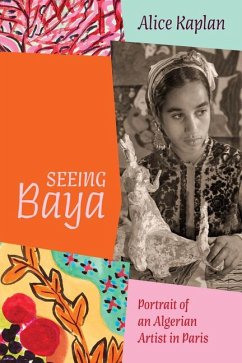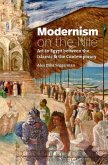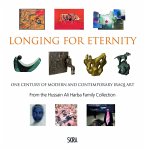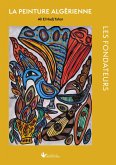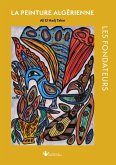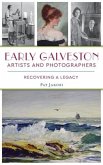"On November 22, 1947, a fifteen-year-old prodigy from colonial Algeria named Baya exhibited her paintings and clay sculptures at the Parisian gallery of the art dealer Aimâe Maeght. Her opening attracted some of the most influential cultural figures of postwar Paris, including Albert Camus, Andrâe Breton, Henri Matisse, and Georges Braque. Alice Kaplan's biography begins on that November day, in that gallery, then moves from Baya's beginnings as a farmworker to her Parisian triumph, through her death in Algeria in 1998, by then a cultural icon of independent Algeria. Orphaned at age nine, Baya was working on a flower farm when she caught the eye of a French woman, Marguerite Caminat, whose interest in the girl changed her life. The relationship of support and affection between the indigenous Algerian artist and her French mentor was fraught with ambiguity. Baya worked as Caminat's maid but came to see herself as the woman's adoptive daughter; Caminat nurtured Baya's gift and saw the child as the artist she herself once aspired to be. The French press of 1947 celebrated the young artist with all the predictable clichâes: the orphan rescued by the white fairy godmother, the wild child civilized, the ignorant genius on display. In Seeing Baya: Portrait of an Algerian Artist in Paris, Kaplan considers the differences that Baya makes to the stories we have told about modern art and postwar culture in France. She unravels the human sentiments at play in this history, from the noble to the venal to the obscure, and probes the motivations of the characters surrounding Baya, scrutinizing them from different angles as they respond to the singular itinerary of the young artist. Seeing Baya reveals a fascinating and significant life, one of survival, resistance, and irrepressible talent"--

